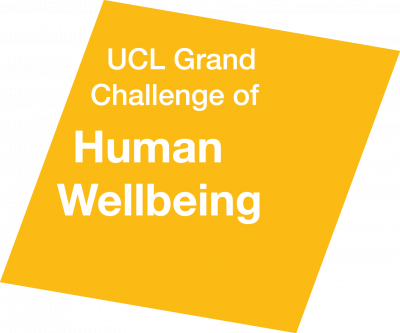iWards: Enhancing Wellbeing and Resilience in Junior Doctors
Developing interventions to improve junior doctors' wellbeing.

7 February 2020
The iWARDs (Individualised Wellbeing and Resilience for Doctors) project aimed to develop interventions to improve junior doctors’ wellbeing. To do so, the project team ran a series of two hour workshops with postgraduate medical trainees, exploring how to enhance resilience and improve well-being. The workshops included developing self-care strategies and guiding participants in creating microboundaries to support work-life balance through their use of technology. In total, six evening workshops were held at three London hospitals: Royal Free, Whittington and UCLH.
Following the success of the project, the project team also delivered the workshops at a UCL NHS well-being conference (September, 2018) and to a primary care centre (May, 2018), reaching an additional 65 participants, mainly comprising of doctors, but also medical students and nurses.
Additionally, the project team developed a number of materials, including a website, video and 45 page booklet. The project also led to the development of new teaching materials including reflection cards, PowerPoint Presentation and a mindfulness visualisation exercise which was used in the workshops. The intervention itself is innovative in that it combines mindfulness training, self-care instruction and training on microboundaries.
To explore the possibility of scaling up the face-to-face workshops, the project team also developed a digital version of the intervention through online workshops. The researchers created a series of short videos on the research behind the intervention to be published within a closed group on Facebook. The reflective activities took place on Trello, a project management tool, which simulates moving post-it notes around and allows to leave comments and upvote others’ notes. Future work will continue to explore in more depth how to design digital interventions for work-life balance.
The project also generated policy impact. The project team met with the Senior Coaching Advisor at Health Education England (HEE), the national education and training body responsible for overseeing doctors training. The advisor distributed details of the project to all coaching advisors at HEE who work with trainees. Doctors' well-being has been shown to have a direct influence on patient care, including patient satisfaction, adherence to treatment and interpersonal aspects of care. Further, the NHS is suffering a recruitment and retention crisis. This project demonstrates that a brief two hour intervention focusing on self-care strategies and micro-boundaries can improve doctors’ well-being, which helps not only the doctor, but all of us as patients.
 Close
Close


